Freelancing in the UAE: A Guide to Managing Your Finances as a Freelancer
Congratulations on leaping into the exciting world of freelancing in the UAE!
Freedom, flexibility, and the potential to be your own boss are just a few of the perks that come with this career path. But alongside the thrill comes the responsibility of managing your finances independently. Unlike a traditional salaried job, your income as a freelancer will likely fluctuate, and you’ll be responsible for taxes, health insurance, and other expenses.
Fear not, fellow freelancer! This comprehensive guide will equip you with the knowledge and strategies to master your financial well-being. Here, we’ll delve into everything you need to know about managing your finances as a freelancer in the UAE.
Understanding Your Income Streams
The first step to financial management is understanding your income. As a freelancer, you have the power to diversify your income streams. Here are some standard options:
- Project-based work is the bread and butter of many freelancers. You agree on a project scope and fee with a client and receive payment upon completion.
- Hourly rates: Charge an hourly rate for your services, ideal for ongoing projects or retainer agreements.
- Content creation: Write blog posts, articles, or social media content for businesses or websites.
- Consulting: Offer your expertise to clients on a short-term or long-term basis.
Setting Competitive Rate
Once you understand your income streams, it’s crucial to set competitive rates. Here are some factors to consider:
- Your experience level: The more experience you have, the higher your rates can be.
- The complexity of the project: Charge more for projects that demand specialized skills or longer timelines.
- Market research: Research what other freelancers in your field are charging for similar services in the UAE.
- Cost of living: Factor in your living expenses to ensure your rates allow you to cover your financial obligations.
Creating a Budget and Tracking Expenses
A budget is your roadmap to financial stability.
- List your income: Include all your anticipated earnings from various sources.
- Identify expenses: Categorize your essential expenses like rent, utilities, groceries, and transportation. Remember to include business-related expenses like internet, software subscriptions, and co-working space fees.
- Track everything: Use spreadsheets, accounting software, or budgeting apps to track your income and expenses meticulously.
Building a Safety Net: Emergency Fund and Savings
Freelancing comes with the inherent risk of income fluctuations. Here’s how to prepare for lean times:
- Emergency Fund: Aim to save 3-6 months of living expenses to cover unexpected costs like medical bills or a dry spell in project work.
- Savings Goals: Set aside money for specific goals, such as new equipment, professional development, or a future vacation.
Tax Considerations and Compliance
The UAE offers a tax-friendly environment for freelancers. However, there are still compliance requirements:
- Register as a freelancer: Obtain a freelance visa specific to your Emirate (Dubai, Abu Dhabi, Sharjah, etc.).
- Maintain records: Keep detailed records of your income and expenses for tax purposes.
- Tax Returns: Even though there’s no personal income tax, you may be required to file a tax return depending on your visa type and income level. Consult with a tax advisor or accounting firm in Dubai or your chosen Emirate for specific guidance.
Streamlining Your Finances: Invoicing and Payments
- Professional Invoices: Create clear and professional invoices that outline the project scope, agreed-upon fees, payment terms, and your contact information.
- Payment Methods: Offer your clients multiple payment options, such as bank transfers, online payment gateways, or cash on delivery (for smaller projects).
- Late Payment Policy: Have a clear late payment policy in place and enforce it politely but firmly.
Seeking Professional Help: Accounting Services and Bookkeeping
While managing your finances independently is empowering, there’s no shame in seeking professional help. Here’s how accounting and bookkeeping services in Dubai or your Emirate can benefit you:
- Save time: Focus on your core business while professionals handle your bookkeeping and tax filing.
- Expertise: Leverage the knowledge and experience of a qualified accountant or bookkeeper.
- Peace of mind: Enjoy the comfort of knowing your finances are in good hands.
Conclusion
Freelancing in the UAE can be a rewarding experience. By following these financial management strategies, you’ll be well-equipped to navigate the ups and downs of freelance life and achieve financial security.
Remember, you’re not alone! Consider exploring the services offered by reputable accounting and bookkeeping firms in the UAE.
For expert guidance and personalized financial solutions tailored to freelancers, consider PROFITZ ADVISORY. This leading firm in the UAE boasts a team of experienced professionals who are well-versed in the specific needs of freelancers. They can help you streamline your finances, ensure tax compliance, and free up valuable time to focus on growing your freelance business.








